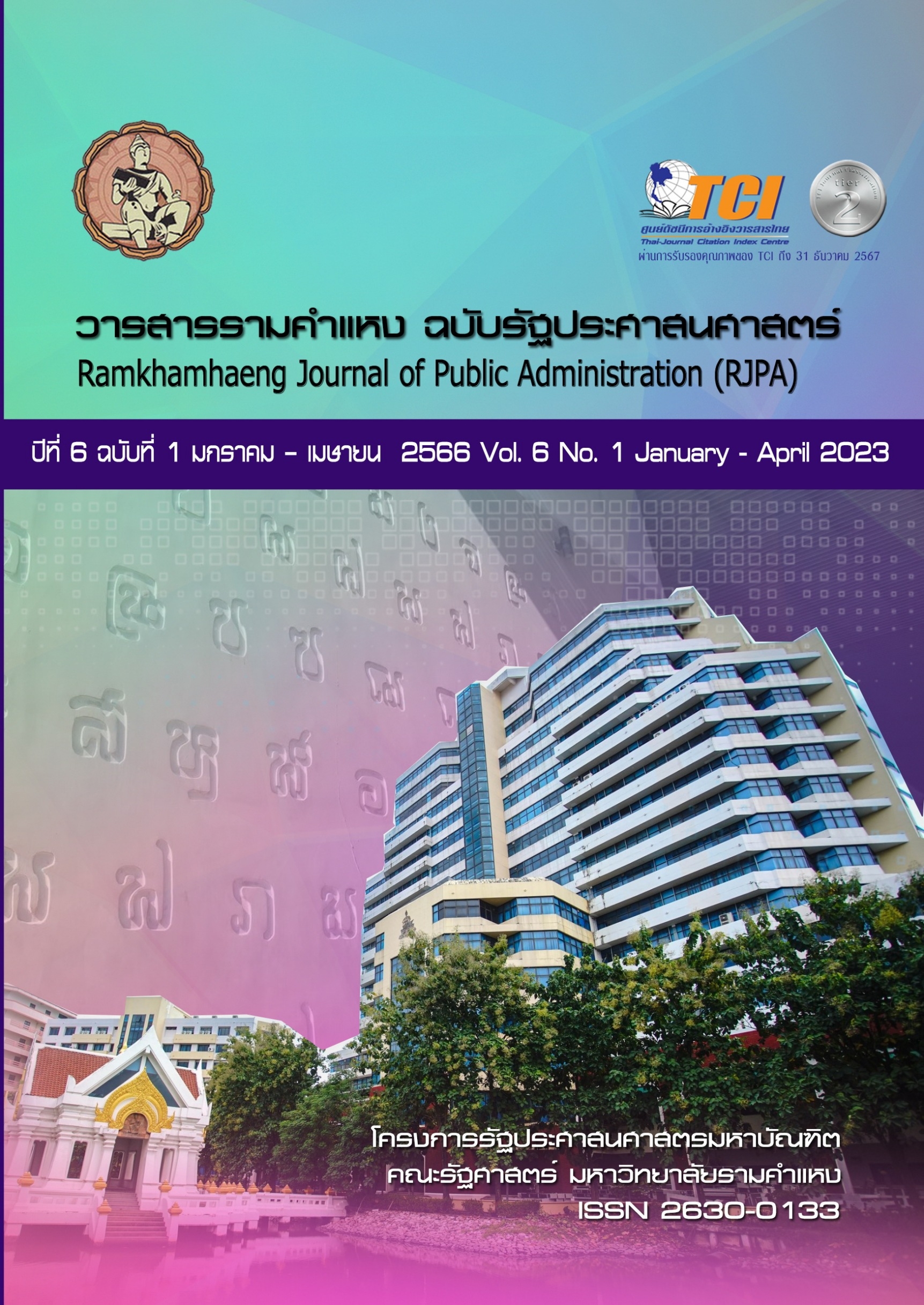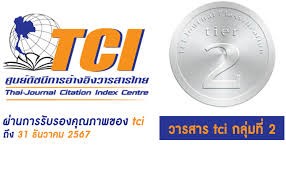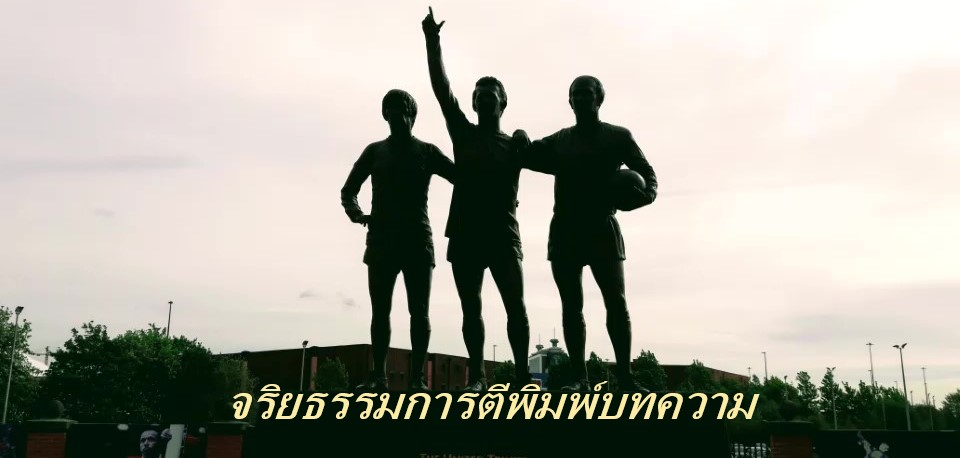ความร่วมมือในการบริหารจัดการทรัพยากรน้ำอย่างยั่งยืนของเทศบาลพื้นที่ชายฝั่งทะเลเพื่อรองรับเขตพัฒนาพิเศษภาคตะวันออก (The collaboration of coastal municipalities on sustainable water management and administration to support the EEC)
Abstract
บทคัดย่อ
งานวิจัยนี้ มีวัตถุประสงค์เพื่อ (1) ศึกษาการบริหารจัดการทรัพยากรน้ำอย่างยั่งยืนของเทศบาลตำบลพื้นที่ชายฝั่งทะเล เพื่อรองรับเขตพัฒนาพิเศษภาคตะวันออก (2) ศึกษาความร่วมมือในการบริหารจัดการทรัพยากรน้ำอย่างยั่งยืน และ (3) ศึกษาปัญหาและอุปสรรค ใช้การวิจัยแบบผสมผสานระหว่างการวิจัย เชิงคุณภาพและเชิงปริมาณ โดยการวิจัยเชิงคุณภาพ ใช้การสัมภาษณ์เจาะลึกจาก 3 กลุ่มสำคัญ คือ (1) กลุ่มผู้บริหารท้องถิ่น เจ้าหน้าที่ที่เกี่ยวข้อง และผู้รับผิดชอบการดำเนินงาน EEC (2) กำนัน ผู้ใหญ่บ้าน ผู้นำชุมชน และ (3) องค์กรภาคเอกชนผู้ใช้น้ำ รวม 36 คน ส่วนการวิจัยเชิงปริมาณเก็บข้อมูลจากประชากร 3 กลุ่ม คือ (1) ผู้ใช้น้ำประเภท ที่ 1: ที่อยู่อาศัยและอื่นๆ (2) ผู้ใช้น้ำประเภท ที่ 2: ราชการและธุรกิจขนาดเล็ก และ (3) ผู้ใช้น้ำประเภท ที่ 3: รัฐวิสาหกิจ อุตสาหกรรม และธุรกิจขนาดใหญ่ จำนวน รวม 1,165 กลุ่มตัวอย่าง ผลการวิจัย พบว่า (1) การบริหารจัดการทรัพยากรน้ำอย่างยั่งยืนของทั้ง 3 เขตเทศบาล ยังไม่ประสบความสำเร็จ (2) ด้านความร่วมมือมีความแตกต่างกันในแต่ละพื้นที่ และ (3) ปัญหาและอุปสรรค ทั้ง 3 เขตเทศบาลมีลักษณะเดียวกัน คือ ไม่มีแหล่งน้ำธรรมชาติ มีปัญหาการประสานงานระหว่างหน่วยงาน ขาดแคลนทรัพยากรสนับสนุน และปัญหาจากการเกิดโรคระบาดไวรัสโคโรนา ทำให้ไม่สามารถดำเนินกิจกรรมต่างๆ ได้ตามแผน
Abstract
The scope of this study included 3 subdistrict municipalities in Chonburi province: (1) Na Chom Thian, (2) Bang Sare, and (3) Khet Udomsak. The objectives of the study were (1) to study the sustainable water management, (2) to study the collaboration, and (3) to specify the problems and obstacles. The mixed method was used in the research. The data of quantitative research was collected from 3 groups of population: (1) the first type of water consumers: residences and others; (2) the second type of water consumers: government offices and small businesses; and (3) the third type of water consumers: state enterprises, industries, and large businesses. The total of these sampling groups was 1,165 people. Furthermore, the researcher conveyed the qualitative research using in-depth interviews from 3 main groups: (1) the chief executives of the municipalities, officers, and the persons responsible for EEC; (2) the heads of group villages, the village heads, and the community leaders; (3) the private sectors. These sampling groups contained 36 people. The findings showed that the sustainable water management and administration of 3 subdistrict municipalities were unsuccessful. Moreover, the problems and obstacles which affected the planned activities of the municipalities included the lack of natural water sources, the problem of collaboration between the sectors, the insufficiency of essential resources, and the effects of the COVID-19 pandemic.




 Publication Policy (นโยบายการตีพิมพ์บทความ)
Publication Policy (นโยบายการตีพิมพ์บทความ) Publication Ethics (จริยธรรมการตีพิมพ์บทความ)
Publication Ethics (จริยธรรมการตีพิมพ์บทความ)